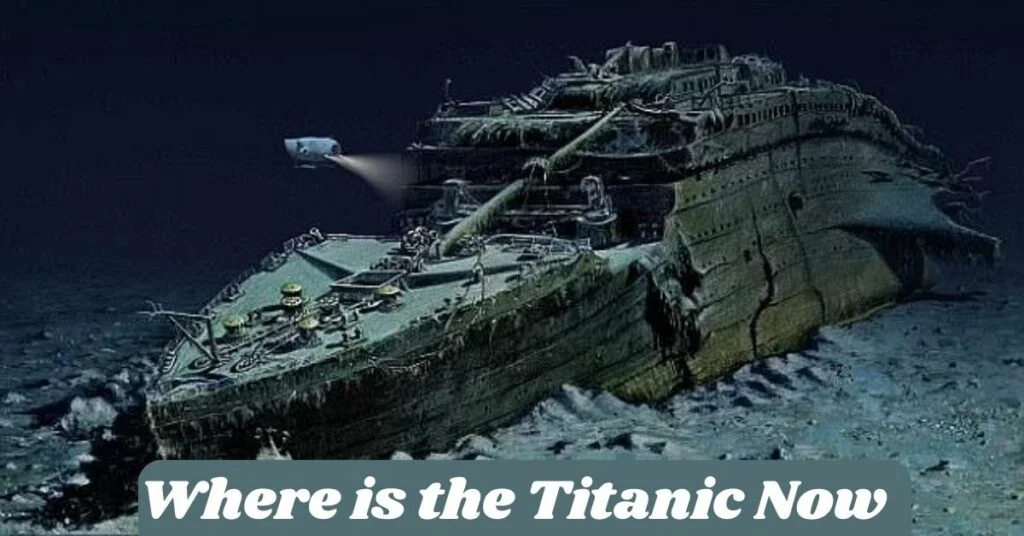With the One Ocean Summit this week in France, ocean advocates hope to see a treaty take shape to protect the high seas.
After years of negotiations, ocean advocates are hoping for a political boost at the One Ocean Summit this week in France to finally bring about a treaty to protect the high seas, a treasure weakened by human activities.
The high seas begin where the States’ exclusive economic zones end, ie at a maximum of 200 nautical miles from the coast; it is not under the jurisdiction of any state. It represents more than 60% of the oceans and almost half of the planet, and has long been ignored, with attention focusing on coastal areas and a few emblematic species.
With the progress of science, proof has been made of the importance of protecting this entire ocean, teeming with often microscopic biodiversity. Especially since it also provides half of the oxygen we breathe and limits global warming by absorbing a large part of the CO2 emitted by human activities.
But the oceans are weakening, victims of these emissions (warming, acidification of the water, etc.), pollution of all kinds or overfishing. So, it is urgent to finally succeed in finalizing this legally binding text on “the conservation and sustainable use of marine biodiversity in areas beyond national jurisdiction”, plead the NGOs.
“It is more important than ever because of the impact of climate change on the marine environment,” Liz Karan, an expert from the NGO Pew Charitable Trusts, told Agence France-Presse. “The High Seas Treaty will not solve all the problems, but it can help ensure that refuges are in place so that marine species and nature can breathe, survive and adapt to warming,” continues -she, hoping for “announcements” during the One Ocean Summit from Wednesday to Friday in Brest.
The formal negotiations of this future text, which began in 2018 but were interrupted by the pandemic, relate to four areas: the creation of marine protected areas, marine genetic resources and the sharing of their benefits, the carrying out of environmental impact studies , as well as capacity building and technology transfer, particularly to developing countries.
However, there are still several sensitive points to be resolved. In particular the question of the distribution of the possible benefits resulting from the exploitation of the genetic resources of the high seas, where pharmaceutical, chemical or cosmetic industries hope to discover miraculous molecules. Poor countries “want any financial gain originating from the resources of the high seas to fall under a benefit-sharing regime”, explains Andre Abreu, of the Tara Ocean Foundation, to Agence France-Presse.
Proof of the differences, in the latest draft text, dating from the fall of 2019, a large part of the articles related to the subject are in square brackets. Just like the reference to the principle of “common heritage of humanity” claimed by the countries of the South for the high seas, whereas today it only applies to the seabed (these being already managed by an authority called the International Seabed Authority).
“The urgency of understanding the impact of climate change on this deep-sea biodiversity is greater than the urgency of distributing hypothetical benefits”, insists Andre Abreu, calling however on rich countries to financially support developing countries so that they also have access to research on the high seas.
During the fourth (and theoretically last) session of negotiations, already postponed several times and now scheduled for March, the States must also settle questions of cooperation with the many regional maritime organizations (in particular those managing fisheries) and agreement on governance rules.
The High Seas Alliance, which brings together some forty NGOs, including the International Union for Conservation (IUCN), insists in particular that no country can veto the creation of a marine protected area. The more than 75 countries that support the objective of protecting 30% of land and oceans by 2030 within the framework of COP15 biodiversity “must defend a robust mechanism for the creation of protected areas in the high seas”, pleads its director, Peggy Kalas.
“It’s urgent, every day, every year that passes, biodiversity disappears. We have to conclude these negotiations,” she worries, hoping that the meeting in Brest will draw attention to the “most important environmental” treaty, but “that people have never heard of”.



